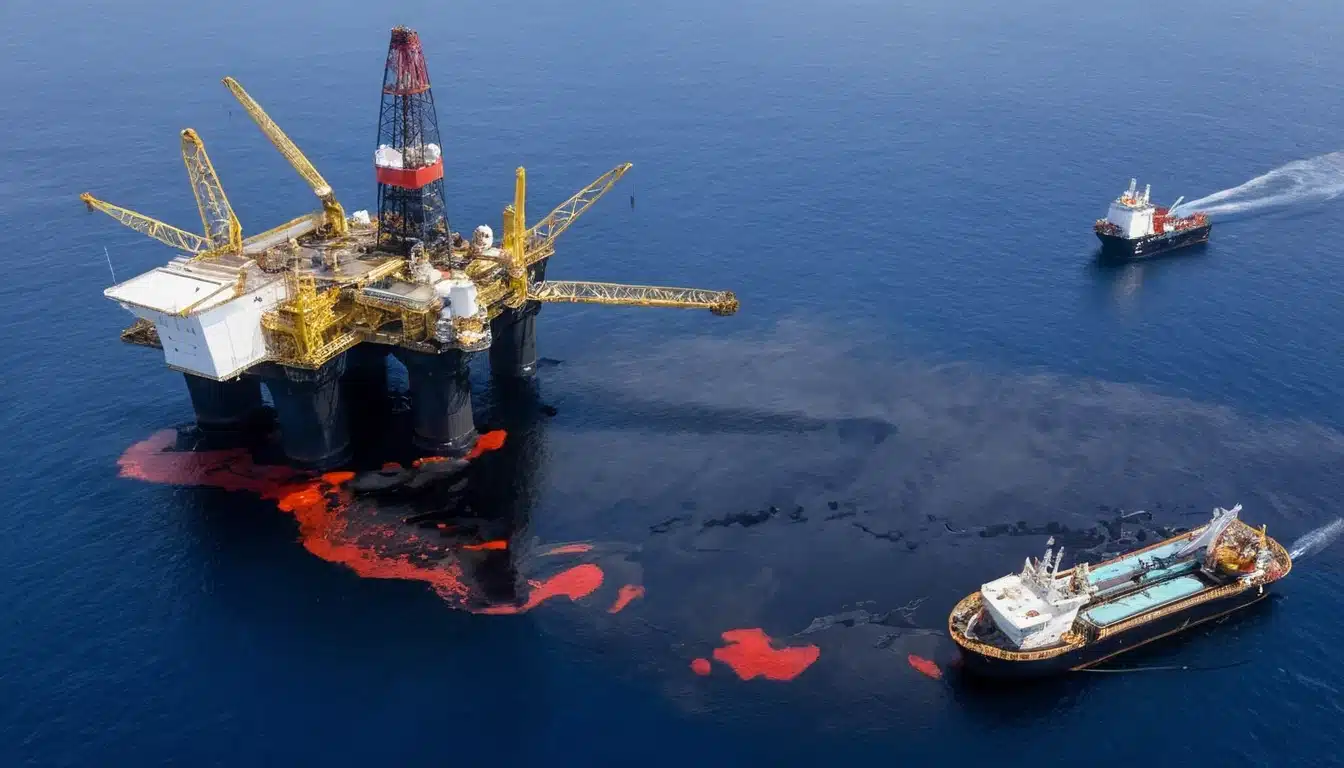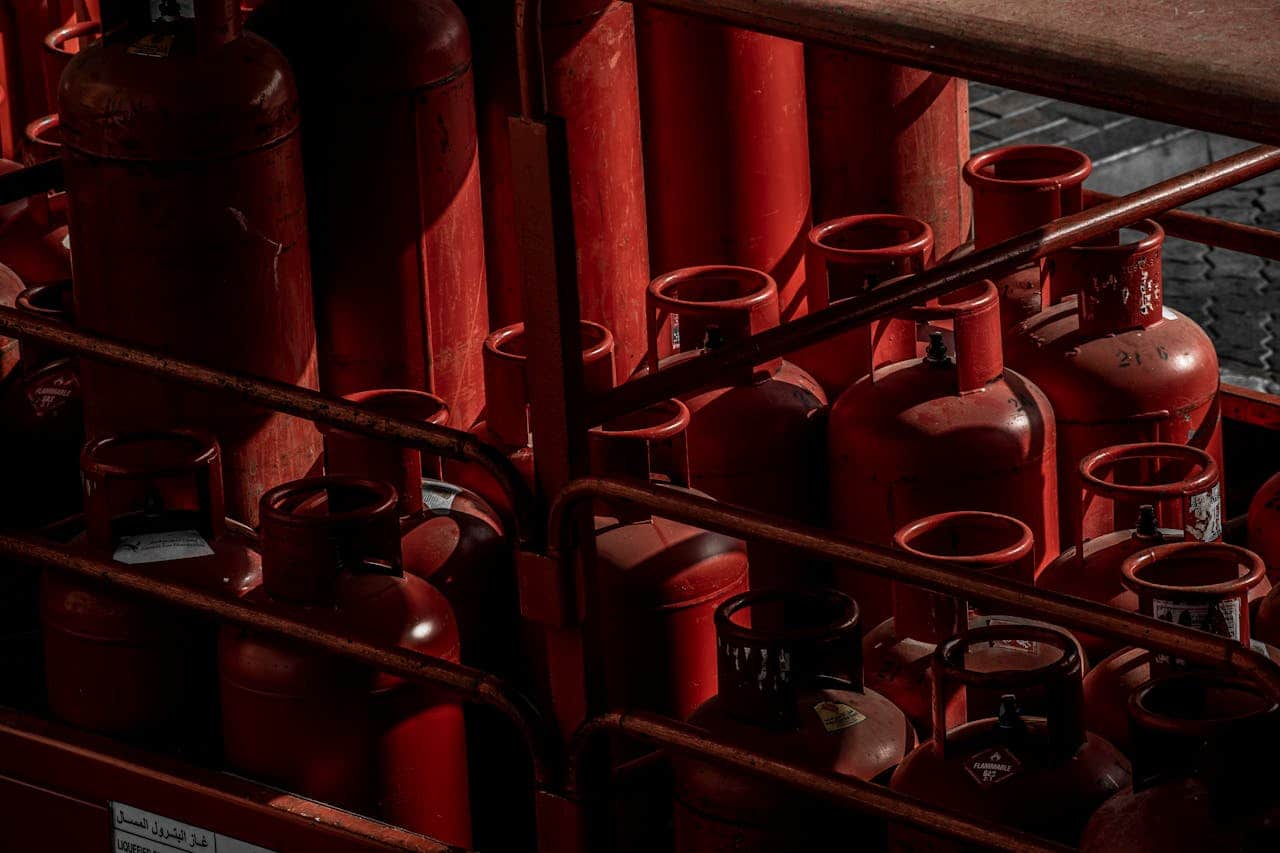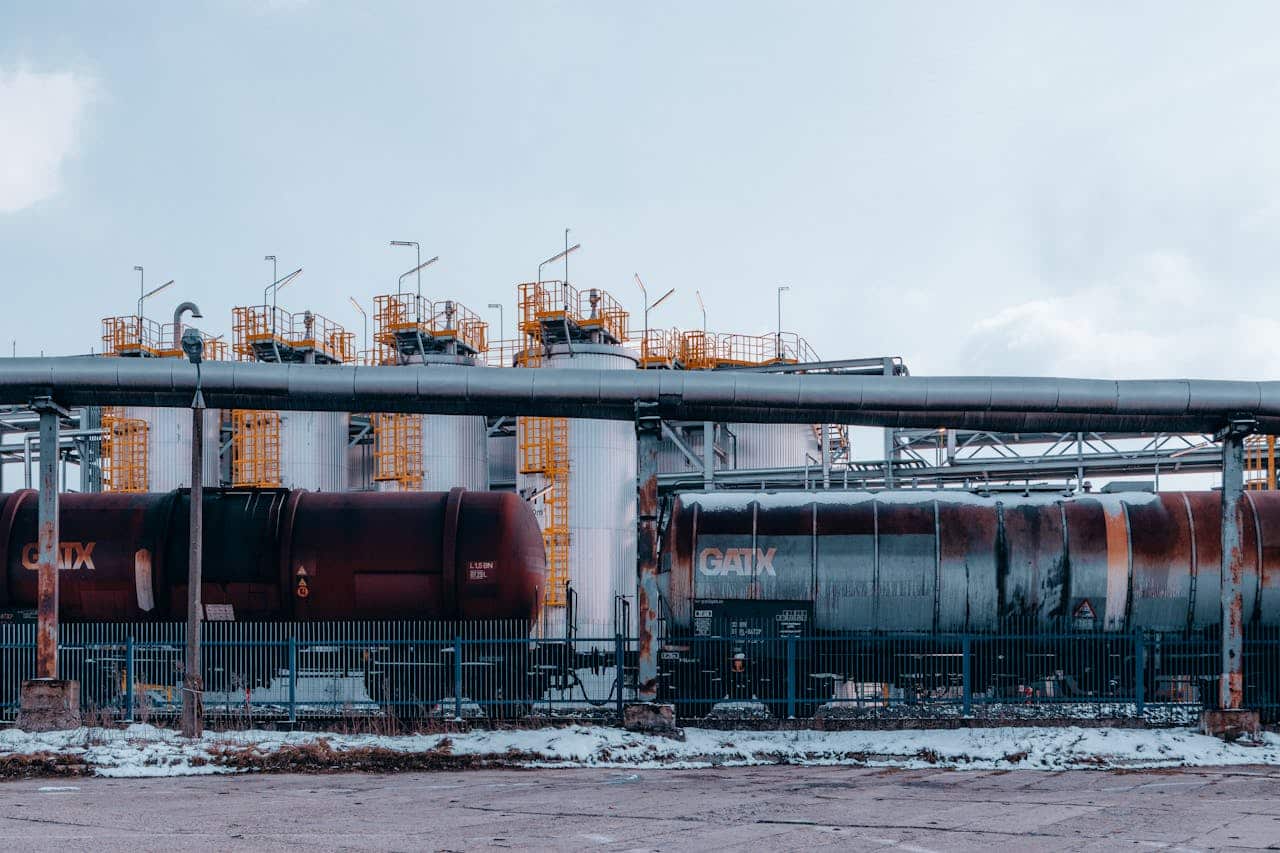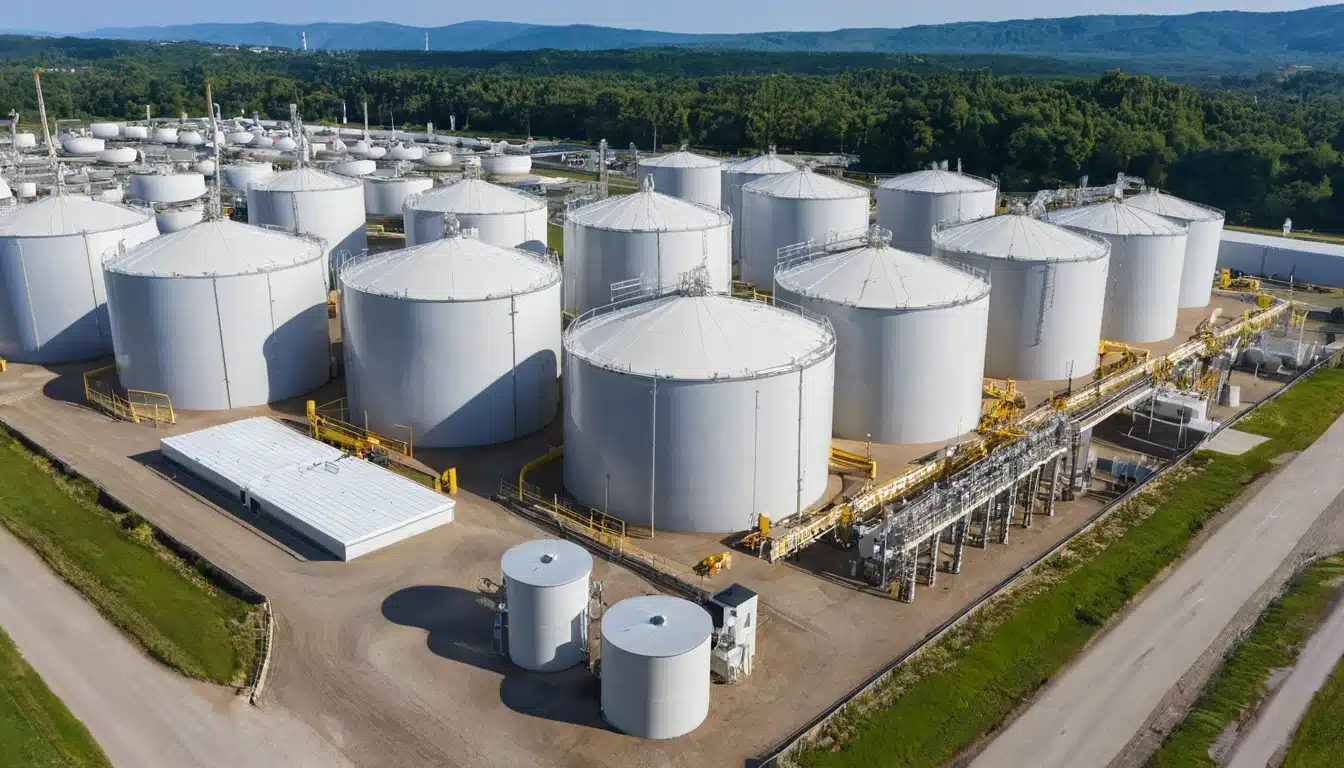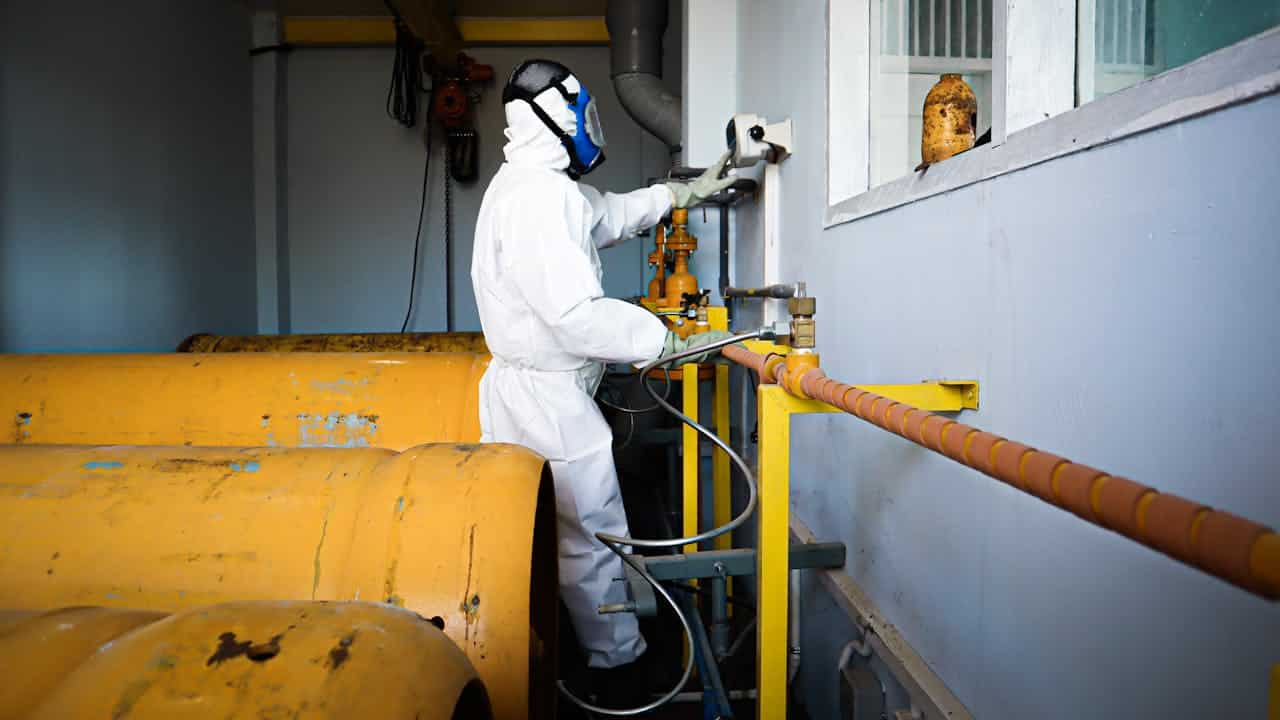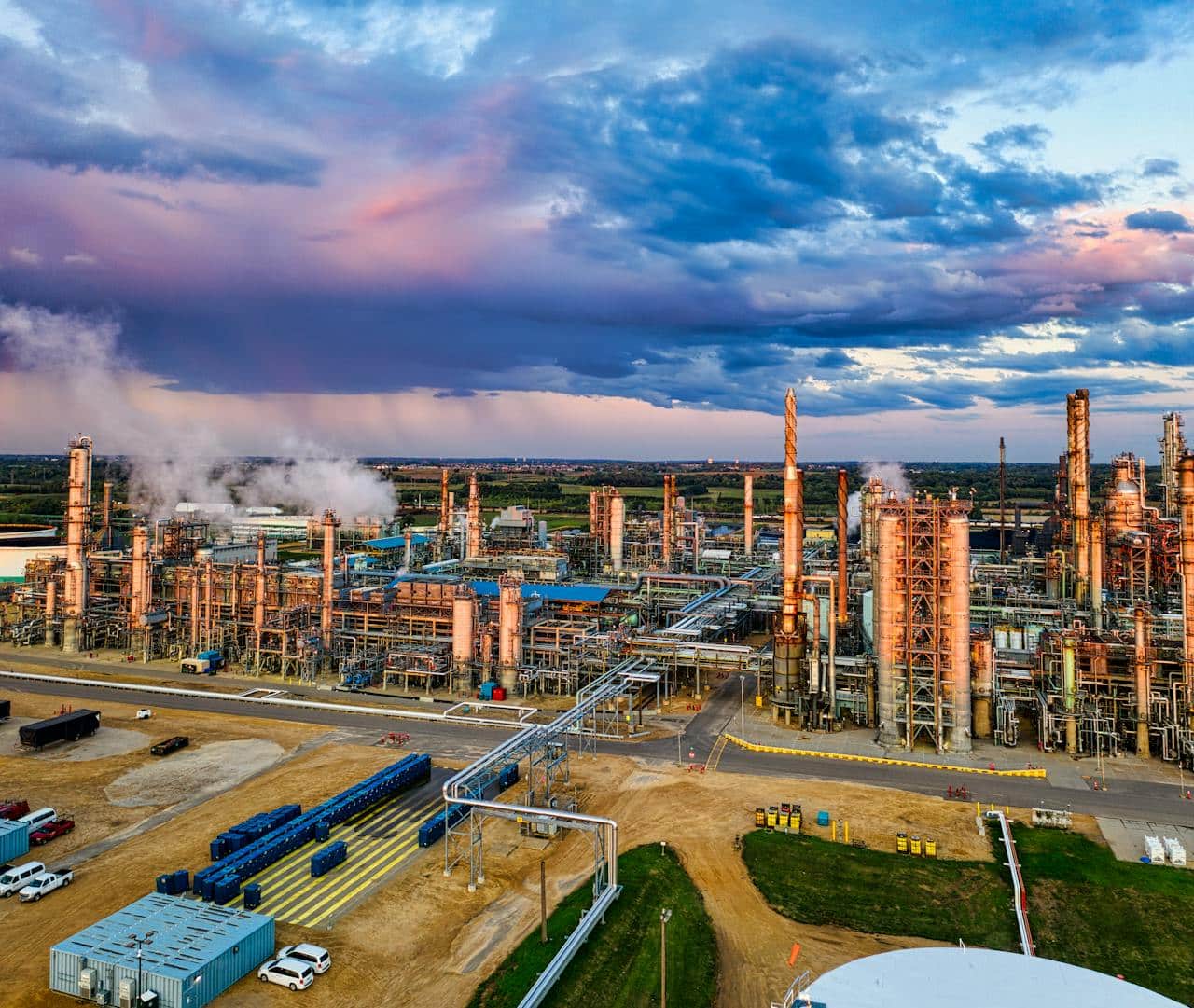Global Upstream Oil and Gas Operations Certification
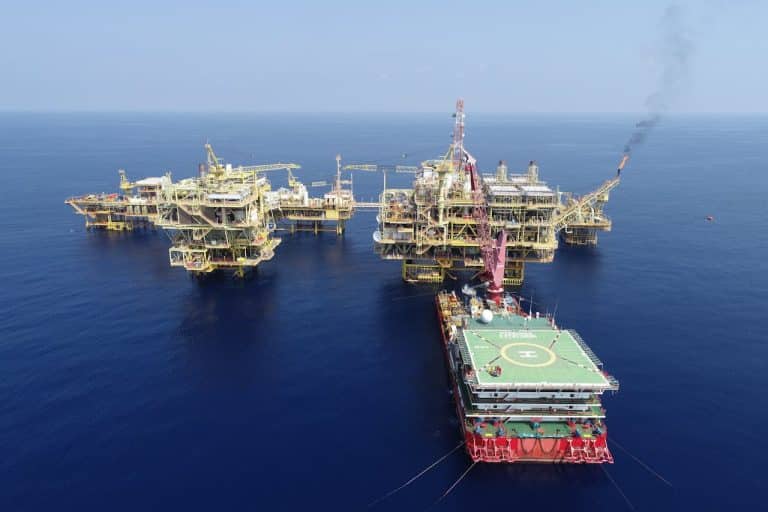
| Date | Format | Duration | Fees (USD) | Register |
|---|---|---|---|---|
| 08 Dec - 12 Dec, 2025 | Live Online | 5 Days | $3785 | Register → |
| Date | Venue | Duration | Fees (USD) | Register |
|---|---|---|---|---|
| 10 Nov - 14 Nov, 2025 | Tbilisi | 5 Days | $6305 | Register → |
| 08 Dec - 12 Dec, 2025 | Bangkok | 5 Days | $5575 | Register → |
Did you know that according to the International Energy Agency, oil and gas are projected to supply almost half of the world’s energy in 2040, even as renewable sources grow rapidly? This compelling statistic underscores the critical importance of upstream operations in meeting global energy demands.
Course Overview
The Global Upstream Oil and Gas Operations Certification by Alpha Learning Centre is meticulously designed to equip professionals with essential skills in optimising resource extraction, improving efficiency, and meeting environmental and safety standards in the complex upstream sector. This course focuses on advanced exploration techniques, drilling technologies, and digital oil field management to ensure participants can effectively navigate the future of oil and gas production.
Why Select This Training Course?
Selecting this Upstream Oil and Gas Operations Course offers numerous advantages for professionals involved in exploration, production, and reservoir management. Participants will gain advanced knowledge of seismic technology, drilling operations, and enhanced oil recovery methods. The course provides hands-on experience with cutting-edge simulation software and digital twin solutions, enabling attendees to optimise their upstream operations effectively.
For organisations, investing in this training enhances overall operational efficiency and reduces exploration risks. By ensuring that personnel are well-trained in upstream economic evaluations and proper asset management, organisations not only protect their assets but also build sustainable practices. Research shows that companies implementing comprehensive digital strategies can achieve significant improvements in both production efficiency and environmental performance. For instance, Equinor’s Johan Sverdrup field in Norway achieved a 90% reduction in offshore inspection hours and maintained production efficiency greater than 90% through a complete digital twin solution.
Individuals who complete this course will benefit from enhanced career prospects as they become more valuable assets in their respective fields. The skills acquired through this training can lead to professional growth and increased responsibilities within their organisations. Studies indicate that with advanced upstream technologies, oil and gas companies can achieve substantial improvements in recovery rates and operational efficiency. For example, ENI’s Zohr field development in Egypt achieved record fast-track development, producing 2.7 billion cubic feet of gas per day in just 28 months after discovery.
Transform your upstream operations capabilities – Register now for this critical advanced training programme.
Who is this Training Course for?
This certification is suitable for:
- Exploration and production engineers.
- Geoscientists and geologists in the oil sector.
- Drilling operations managers and supervisors.
- Reservoir engineers seeking to enhance recovery techniques.
- Upstream project managers and planners.
What are the Training Goals?
The objectives of this training course are to enable professionals to:
- To master the application of cutting-edge exploration and production technologies.
- To develop strategies for sustainable and efficient upstream operations.
- To analyse and implement digital solutions in oil field management.
- To prepare for the evolving regulatory and environmental landscape of the industry.
How will this Training Course be Presented?
The Global Upstream Oil and Gas Operations Certification Course employs a comprehensive and innovative approach to ensure maximum knowledge retention and skill development. Expert-led instruction from seasoned industry professionals forms the core of the course, providing up-to-date insights into modern upstream technologies and practical applications for today’s energy sector.
The course utilises a blend of theoretical lectures and practical applications, allowing participants to apply their knowledge to realistic scenarios. Advanced educational methodologies create a personalised and engaging learning journey through:
- Dynamic, expert-led virtual sessions focusing on real-world scenarios
- Interactive workshops using simulation software for drilling and reservoir analysis
- Case studies illustrating technology’s role in operational success
- Collaborative projects to solve current industry challenges
- Continuous access to an online resource hub with the latest upstream insights
Join us now and elevate your upstream oil and gas operations expertise to new heights!
Course Syllabus
Module 1: Advanced Exploration Techniques
- Seismic data acquisition and processing innovations.
- Machine learning for seismic attribute analysis.
- Exploration risk assessment using probabilistic methods.
- Non-seismic geophysical techniques for challenging terrains.
- Satellite remote sensing in exploration.
- Deepwater exploration strategies and technologies.
- Shale gas and oil resource assessment.
- Well log integration for subsurface mapping.
- Legal and regulatory aspects of exploration.
- Economic models for exploration investments.
- Handling big data in prospect evaluation.
- Environmental considerations in exploration planning.
Module 2: Drilling Technologies and Operations
- Modern drilling systems and their operational capabilities.
- Directional drilling for complex well trajectories.
- Managed Pressure Drilling (MPD) in high-pressure zones.
- Drilling fluid engineering for performance and safety.
- Real-time data analytics for operational decisions.
- Automation and robotics in drilling processes.
- Wellbore stability analysis using geomechanics.
- Drilling optimization with digital twins.
- Safety management in drilling operations.
- Cost-effective drilling strategies.
Module 3: Reservoir Characterization and Modelling
- Petrophysical analysis for reservoir properties.
- Dynamic reservoir simulation for production forecasting.
- Data assimilation techniques for model updates.
- 4D seismic for monitoring reservoir dynamics.
- Fracture characterization in unconventional plays.
- EOR methods and their feasibility analysis.
- Uncertainty management in reservoir models.
- Integration of production data into models.
- Carbonate and clastic reservoir differentiation.
- Well testing for reservoir characterization.
- Geological modelling for development planning.
Module 4: Well Completion and Production
- Completion strategies for different geological settings.
- Smart well technology for reservoir management.
- Sand management in completion design.
- Artificial lift systems for production optimization.
- Hydraulic fracturing in unconventional reservoirs.
- Well integrity and monitoring systems.
- Production optimization through system analysis.
- Water handling and treatment in production.
- Flow assurance in challenging conditions.
- Well intervention for maintenance and enhancement.
- Managing production by-products.
- Corrosion control in production environments.
Module 5: Digital Oil Field Management
- IoT applications for field data management.
- Cloud-based solutions for data storage and analysis.
- Big Data for operational decision-making.
- Cyber-physical systems in upstream operations.
- Predictive maintenance with AI.
- Digital tools for reservoir management.
- Remote control and automation of field operations.
- Cybersecurity in digital oil fields.
- VR/AR for operational training and visualization.
- Workflow automation in upstream management.
Module 6: Sustainability in Upstream Operations
- Strategies for carbon capture and storage.
- Flare reduction and gas utilization techniques.
- Water conservation and treatment technologies.
- Environmental impact assessments for drilling.
- Methane leak detection and mitigation.
- Decommissioning and site remediation practices.
- Biodiversity management in exploration areas.
- Sustainable drilling practices.
- Compliance with environmental regulations.
- Renewable energy integration in upstream.
Module 7: Upstream Economics and Investment
- Cost-benefit analysis for exploration projects.
- Fiscal terms analysis for project profitability.
- Investment portfolio management in oil and gas.
- Risk assessment in upstream ventures.
- Economic justification for EOR projects.
- Financial modelling for field development.
- Market dynamics affecting upstream economics.
- Tax implications and incentives for exploration.
- Strategic asset management for long-term value.
- Decision-making under uncertainty in investments.
Module 8: Health, Safety, and Environment (HSE) in Upstream
- HSE management systems specific to upstream.
- Risk assessment for exploration and production.
- Emergency preparedness for oil spills.
- Fostering a safety culture in high-risk tasks.
- Environmental compliance and monitoring.
- Blowout prevention and well control.
- Noise and vibration impact in operations.
- Health management for workers in remote areas.
- Incident analysis and learning from HSE events.
Module 9: Data Management and Analytics
- Data governance policies for upstream data.
- Data quality control in exploration and production.
- Machine learning for subsurface data interpretation.
- Predictive analytics in reservoir performance.
- Data visualization for complex geological structures.
- Knowledge management in oil companies.
- Data-driven decisions in oil exploration.
- Handling legacy data with modern systems.
- Ethical data use in oil and gas.
Module 10: Integrated Field Development Planning
- Multi-disciplinary approach to field development.
- Phased development for risk management.
- Infrastructure planning for efficient production.
- Subsea systems for deepwater operations.
- Surface facility design for production optimization.
- Supply chain logistics for remote operations.
- Project management methodologies in oil development.
- De-risking strategies through staged approaches.
- Regulatory compliance in development projects.
- Community engagement for social acceptance.
Training Impact
The impact of upstream oil and gas operations training is evident through various real-world case studies and data, which demonstrate the effectiveness of structured programmes in enhancing operational efficiency and environmental performance.
Research indicates that organisations implementing structured upstream operations training programmes have demonstrated measurable benefits in both production efficiency and cost reduction. A case study from Equinor’s Johan Sverdrup field showed that implementing a digital twin solution led to a 90% reduction in offshore inspection hours and maintained production efficiency greater than 90%, while achieving CO2 emissions of just 0.67 kg per barrel compared to a global average of 18 kg.
These case studies highlight the tangible benefits of implementing advanced upstream operations techniques:
- Improved exploration success rates through advanced seismic technologies
- Enhanced drilling efficiency and reduced operational costs
- Increased oil recovery rates through innovative production techniques
- Strengthened environmental performance in upstream operations
By investing in this advanced training, organisations can expect to see:
- Significant improvement in upstream operations performance indicators
- Improved ability to handle complex exploration and production challenges
- Enhanced decision-making capabilities in reservoir management
- Increased competitiveness through comprehensive upstream strategies
Transform your career and organisational performance – Enrol now to master Global Upstream Oil and Gas Operations!

